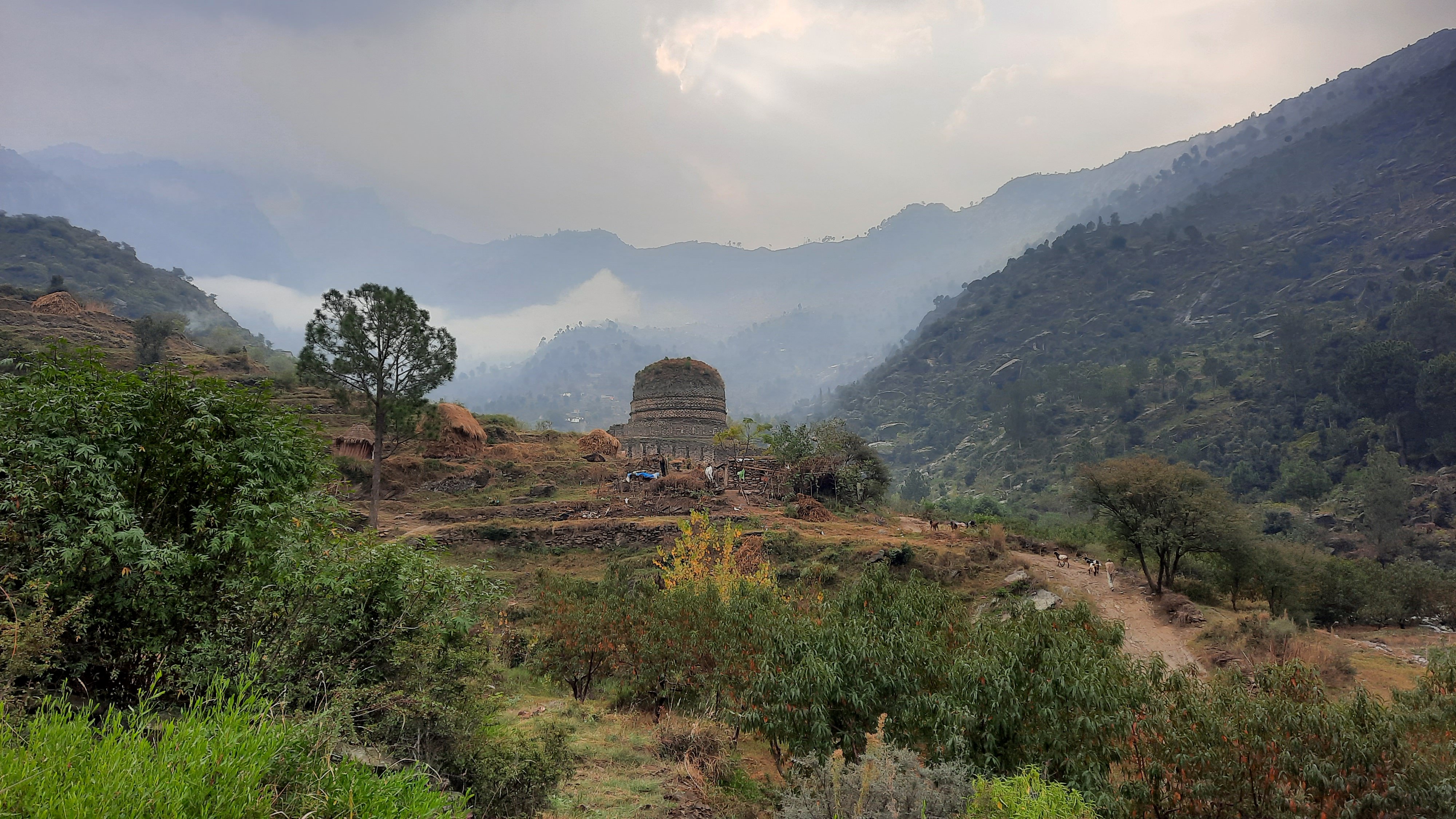Exploring Buddhism in art, texts and bytes: New insights from the collection in the Dir Museum Chakdara
Dr Jessie Pons
ARTS Complex Room G.H01 (entry 7 Woodland Road), followed by drinks in 3 Woodland Road room 1.3
Speaker
Dr Jessie Pons, Center for Religious Studies, Ruhr-Universität Bochum
Chair
Dr Yael Shiri, University of Bristol
Abstract
From 2021 to 2024, the Digitization of Gandharan Artefacts Project (DiGA, German Federal Ministry of Education and Research, eHeritage funding line) has digitized a corpus of ca 1500 Buddhist sculptures preserved in the Dir Museum, Chakdara. These sculptures come from a dozen of Buddhist sites excavated by the Department of Archaeology of the University of Peshawar and the Directorate of Archaeology and Museums, Province of Khyber-Pakhtunkhwa in the 1960s and 1970s on the right bank of the Swat River, in the historical region of Gandhara (present-day Pakistan/Afghanistan). Being one of the few Gandharan sculptural corpus with archaeological provenance, this collection provides a solid ground for reassessing crucial questions in the field of Gandhara studies. The database of the collection is now available on heidICON, ready to lend itself to exciting research avenues. DiGA relies on a strong network of international collaborators involving the Center for Religious Studies at Ruhr University Bochum (CERES), the Directorate of Archaeology and Museums of the Province of Khyber Pakhtunkhwa (KPDOAM), Pakistan, the Italian Archaeological Mission in Pakistan (MAIP) and Heidelberg University Library. Following a short introduction to Gandharan Buddhism, this paper will offer an insight into the DiGA project. I will showcase some of the activities that have united DiGA and its international partners in the mission to preserve Pakistani heritage. It will present the project’s main outputs: the heidICON database and the DiGA Thesaurus, an open resource for the standard description of Gandharan Buddhist art. It will finally delineate how this important art historical record available in digital form can further inform us on the history of Buddhist art in the region of Gandhara.
This talk is presented in collaboration with Dr. Abdul Samad (KPDOAM) and on behalf of the DiGA project team (Serena Autiero, Cristiano Moscatelli, Frederik Elwert).
Bio
Jessie Pons studied history of art, archaeology, Indian studies and museum studies at the School of Oriental and African Studies (University of London), École du Louvre, and the University of Paris. In 2011, she earned her Ph.D. in art history from the university of Paris-Sorbonne with a thesis on the early Buddhist art from Gandhara. Between 2011 and 2016 she worked as a postdoctoral researcher at the Centre for Religious Studies in Ruhr Universität Bochum where she is now Junior Professor for the history of South Asian religions.
Trained as an art historian, she explores issues related to the history of Buddhism through the glance of material culture and visual representations. The historical region of Gandhara (present-day Pakistan/Afghanistan), located at the crossroads of Asia, is her favourite field for reflection. Jessie Pons also has a keen interest in discourses around the preservation of religious material heritage, particularly in digital form, and the appropriation, destruction or reconstruction of religious sites and art objects for shifting ideological purposes. Since 2016, she has been involved in several projects for the digital documentation and preservation of Buddhist artefacts.
The talk will be followed by a Q&A and a small reception of drinks and nibbles.
All are welcome!
The event is generously supported by the Khyentse Foundation.


Amlulk-dara